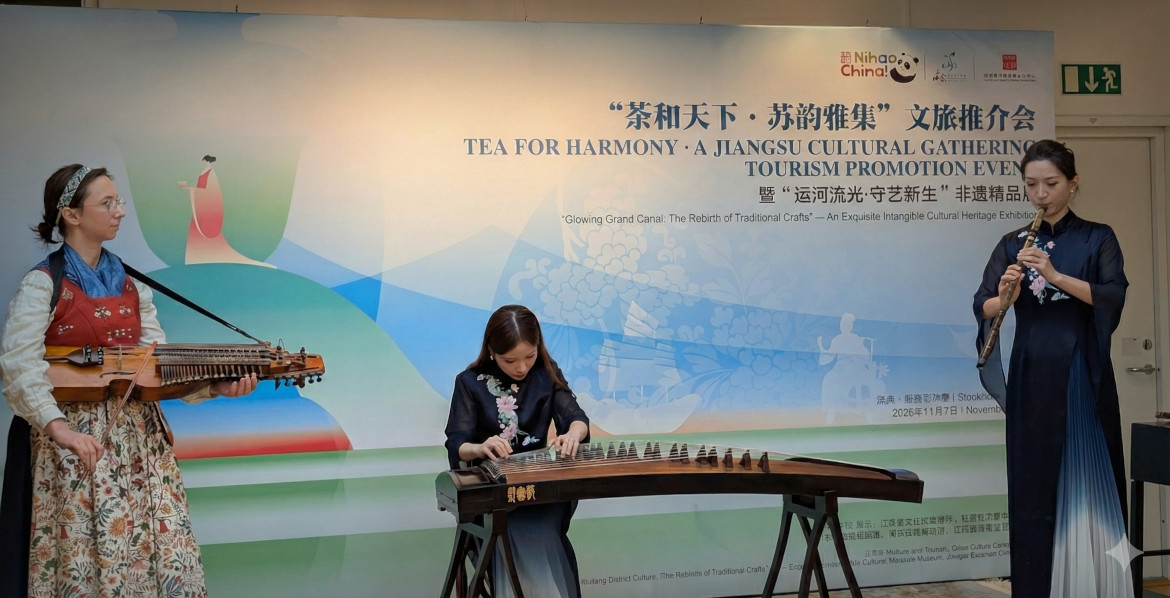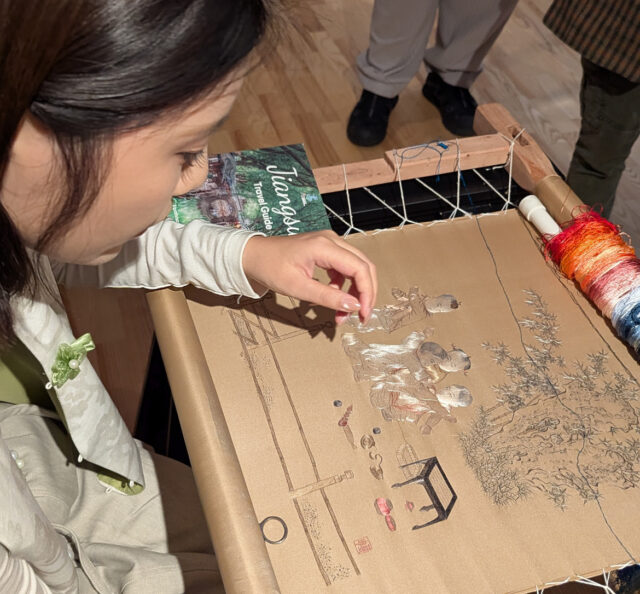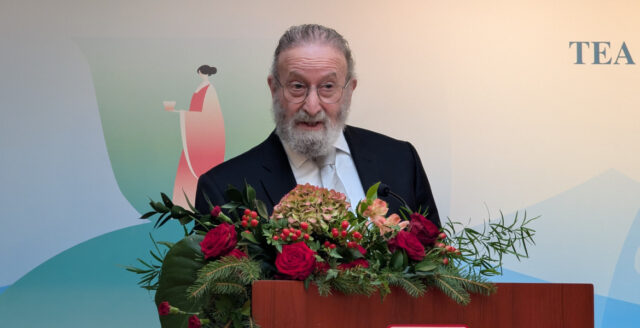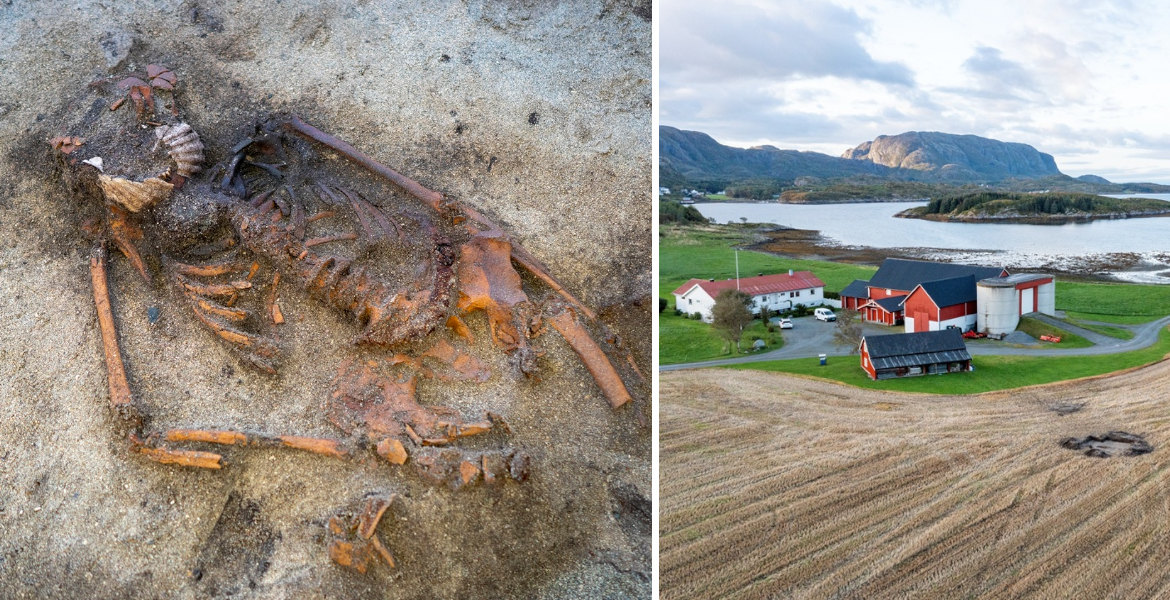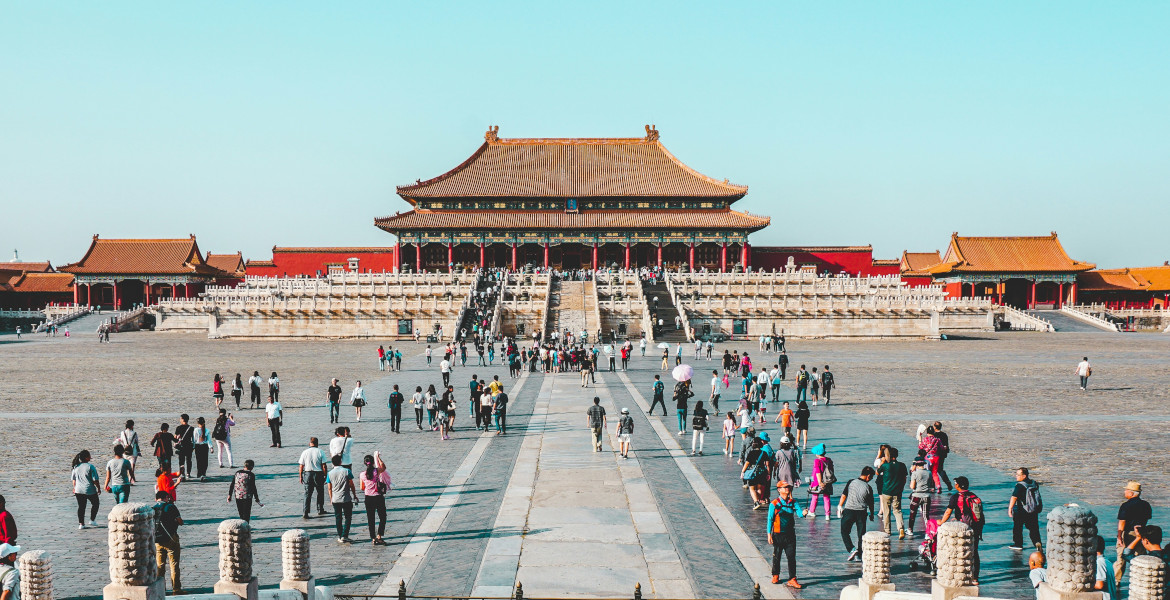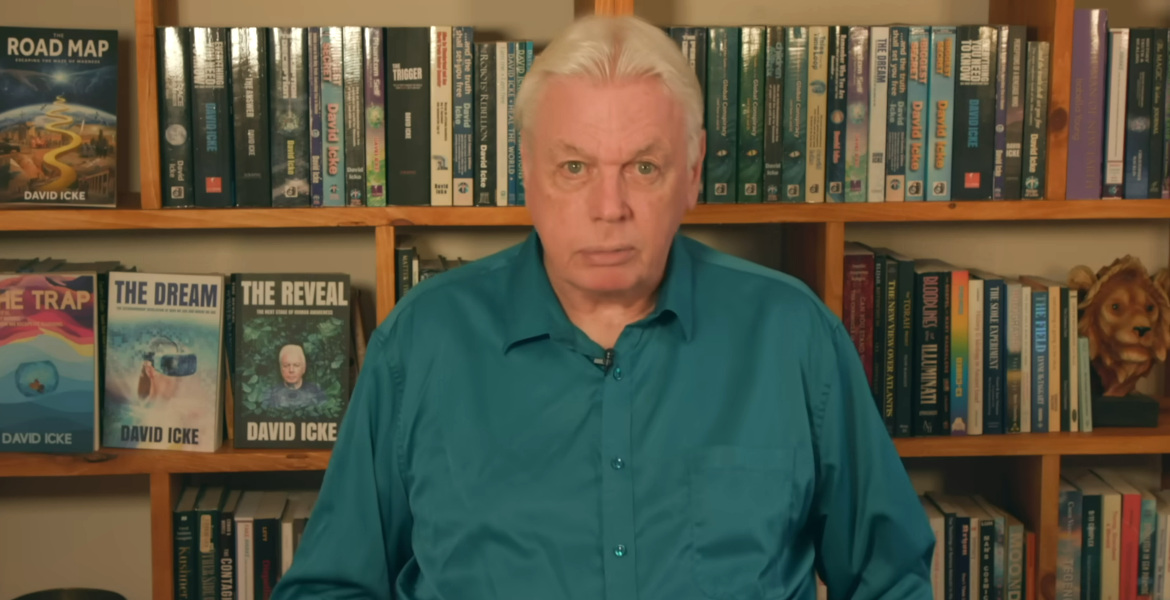During the Blitz in London in World War II, an extraordinary phenomenon emerged that revealed something profound about human nature. Some men who had been in chronic catatonic states in mental hospitals revived and instinctively volunteered as ambulance drivers to help the bomb-stricken residents. Their deep need to contribute and feel useful in a crisis gave them a sense of purpose, something that neither medication nor electroshock therapy had managed to provide. This reflects the profound human need for purpose. But do men, masculinity, and fathers still hold an indispensable place in today's society? Yours truly, with an imperative confidence, can answer in the affirmative.
We face an uncertain future, with escalating conflicts both beyond and within our borders, driven by greed, biased mass media, war-promoting lobbyists, and weak politicians. For the first time in modern history, Sweden sees a renewed need for masculinity and stable fathers. The evolutionary role now encompasses not only hunting and defense skills but also the ability to rebuild civilization with deeper insights that have been lost in this era.
The fundamental role that all men carry within their genes since they were fetuses in the womb has been mocked, scorned, and questioned at absurd levels within the establishment. Many young men in the Western world are asking themselves why they should sacrifice their lives, or even make an effort, for a country whose state ideology is marked by misandry and post-Marxist theories – a society that labels their natural tendencies as "toxic". However, these traditional instincts are essential in determining whether humanity will be reduced to passive slaves under a globalist rule, or if we can rekindle the vital life force and human essence within us.
Friedrich Nietzsche's "will to power" (Wille zur Macht) describes the inner drive in all living beings – a desire to grow, overcome obstacles, and assert one's strength. In contrast to Arthur Schopenhauer's "will to live" (Wille zum Leben), which centers on avoiding suffering and survival, we aspire to something beyond mere survival – we want to create something meaningful. The will to power is about shaping one’s life, overcoming weaknesses, and creating new values. This force is not only about physical strength but also a drive to develop oneself and become the best version of oneself – through creativity, self-improvement, and taking control of one’s destiny.
Video games offer many men a substitute for their evolutionary role to compete, strive, fight, and seek status – experiences they should otherwise have in a healthy society. These substitutes also appear in the forms of pornography to satisfy sexual desire, social media to fill interpersonal emptiness, and substances like alcohol to numb the senses. A society where men and women live in harmony and balance would not need these artificial substitutes.
Being a man and a father is not merely a biological coincidence; these are honorable titles that require work, commitment, and responsibility. The two most fundamental characteristics of a man should be integrity and responsibility. Showing true backbone – that is, having the character to stand up for oneself and what one believes in – is not possible without simultaneously having integrity.
Our common human history moves in cycles. After darkness comes light, and generations also follow this cyclical evolution. We are now in an era of superficiality, identity crisis and existential emptiness – but perhaps this is the beginning of a necessary change. According to former KGB agent Yuri Bezmenov, it usually takes several generations for brainwashing to subside. The disillusioned of Generation Z, and their successors Generation Alpha, are at the tipping point of this metamorphosis when the need for stable fathers is greatest, to act as pillars through the tumultuous process.
In ancient Greek city-states such as Sparta, phalanxes were used as battle formations. Historians such as Plutarch and Thucydides describe these formations as rows of warriors with their shields close together. The strongest stood at the front to take the first blow, while the younger and more inexperienced stood in the middle, and the older veterans behind, ready to push the younger ones forward. This structure is a clear example of inter-generational courage and responsibility – a support where the strongest carry the weakest, and the experienced guide the inexperienced. A powerful symbol of how masculinity can act as a protective wall for society.
It is also important to emphasize to young women that there are bad men in the world, but above all, the greatest protection they have against these is strong men. Masculinity must be encouraged, not suppressed, to create a secure future for both men and women. Courage, loyalty, and the willingness to protect are qualities we must value highly. Mothers, women, and girls have an important responsibility to encourage these qualities in their sons, brothers, and partners – for their own sake and for the benefit of society.
In light of this tribute, readers are invited to get acquainted with the Norwegian band Wardruna and the music video for the song 'Lyfjaberg'. This is to find peace on Father's Day and to reflect on the values and burdens that our fathers carry on their shoulders. Let us honor the men who take on the responsibility of being role models, protectors, and guides.
Why do we embrace these roles with enthusiasm? Because we are sons, brothers, and fathers.
Carl Lidberg
Father's Day is celebrated on the second Sunday of November in many Northern European countries, including Sweden, Norway, Finland, Estonia and Iceland.

